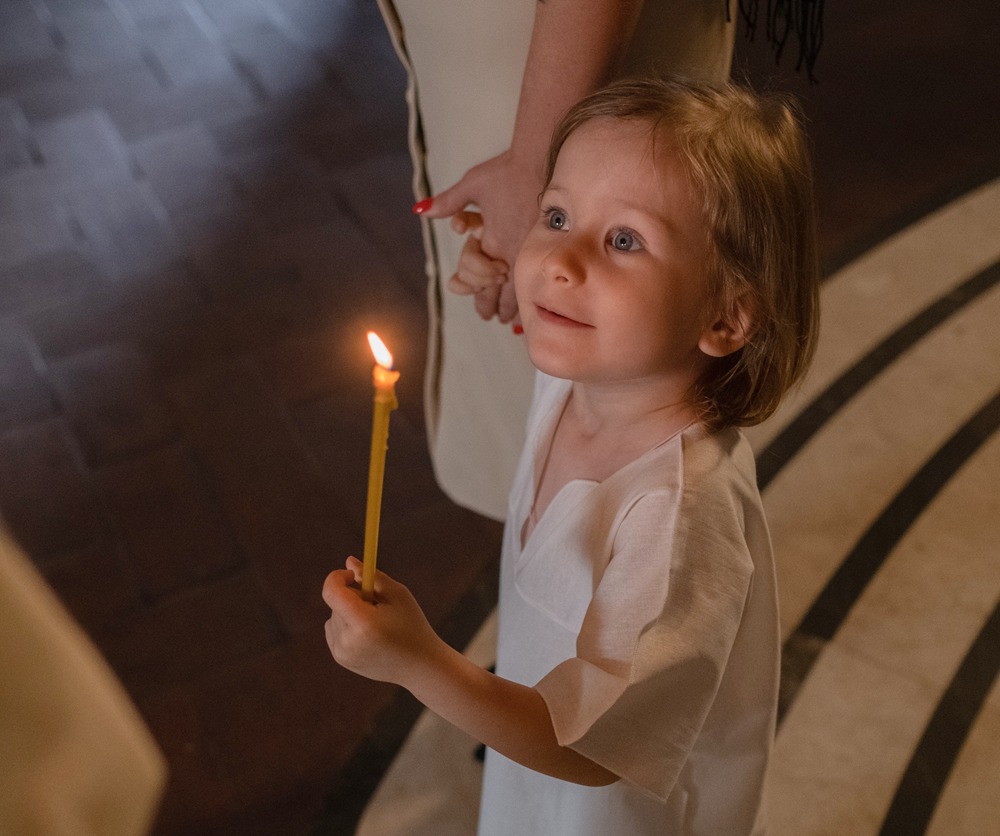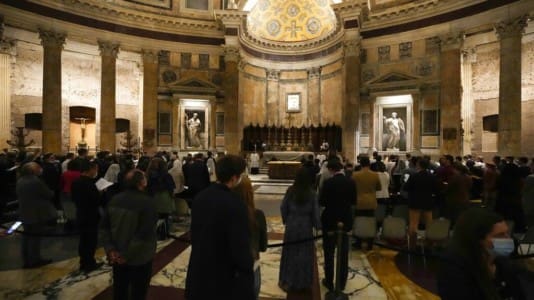First of all, a conservative is someone who is directed by common sense in both private and public life. The concept of common sense can be understood in many ways, but a conservative associates it with several rules — among them are the rules of realism and tradition.
The rule of realism says that one should minimize the number of fictions in life (and in social life in particular). Unfortunately, the development of civilization is accompanied by a growth in the amount of fictional work (which increases along with computerization), a growth in the number of fictional institutions (whose importance increases depending on how little work they do) and a growth in the number of fictional idols (who are more important the more stupid they are).
A conservative tries to avoid all of these.
The second rule, concerning tradition, states that one should adhere to those communities and ideas which have survived the test of time. It is true that in the areas of science one must constantly experiment. Yet, experiments in the areas of morality and culture either threaten to lead to serious accidents or steal the best years of our lives. We cannot repeat our lives, so it is better to accept its tried models instead of later complaining when we are old.
It is difficult to find a culture without a family and religion in human history.
The value of family and religion can be drawn from the rule of tradition. These values (also understood as institutions and ways of life) have stood the test of time. It is difficult to find a culture without a family and religion in human history. Even if they underwent some sort of crisis, people returned to them knowing that the crisis of family and religion is a crisis of humanity due to which we all lose out on.
The essence of family and religion is bonding. Family connects people with each other. Religion connects us with the personal foundation of our existence.
A conservative unambiguously bets on family. This is why the criteria for evaluating all sorts of ideas for life will be defined by whether these ideas are beneficial to family or not. Loose customs, vocal novelties, gender ethics experiments, the transfer of the center of life from the family to artificial institutions, the depreciation of motherhood and fatherhood, and the promotion of addictions all do not benefit the family.
Religion gives us real hope that our lives do not end along with our biological death and that our traditions will not fade into history and the cosmos.
Modern conservatism should focus on the family and derive all of its programs from the rule of protecting the natural family as the basic human community — a community towards which all others have a derivative, secondary or menial meaning.
This is not banal, because the individualistic model of life is becoming increasingly common and, despite common sense, is being promoted by cultural elites. It is being promoted alongside ideologies and phenomena which support this model, while they also criticize phenomena associated with the family, such as nations or the Church.
The third most important aspect for a modern conservative is religion. I mention it at the end not because I want to devaluate its role, but because it binds our natural way of life and refers it to the final dimension. Religion gives us real hope that our lives do not end along with our biological death and that our traditions will not fade into history and the cosmos.
It is religion, and Christianity in particular, that tells us that our lives are truly important, since they were made by God who also entered them. Only religion guarantees the durability of the communities which we all desire.
This is why a conservative lives in accordance with the rhythm of religious holidays and awaits Christmas — when God lives amidst a human family.





